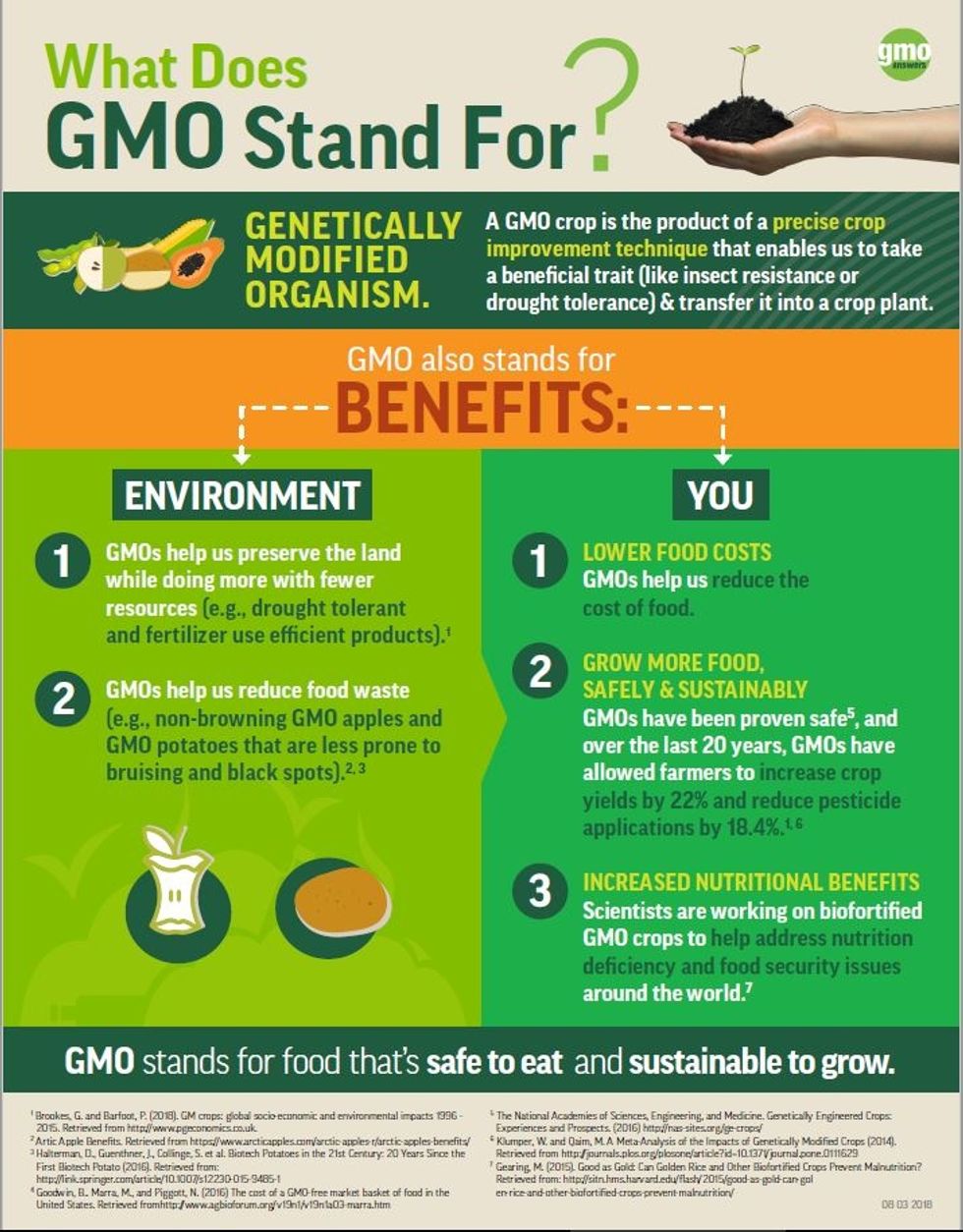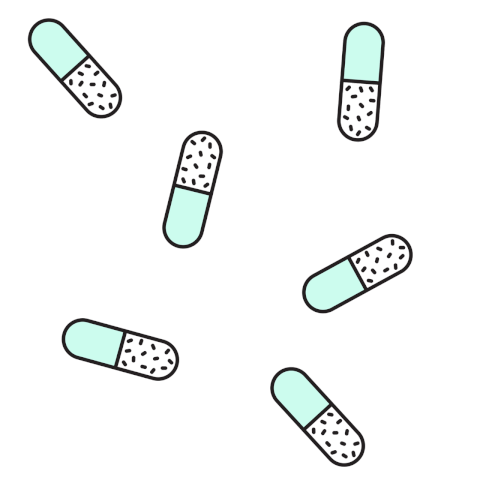Ungrounding The Organic Marketing Plants
Taking a deeper look at the organic market and how they advertise.
Marketing and ads come in many forms; from a billboard to a small pop up on your phone. Marketers have a way to get into people's minds to convince them to do certain things. The damage they do can be long lasting too, and you may have not even realized that the underlying message has gotten into the mind. The main example this organic industry uses is that organic is better for you or that it is better for the environment. Which can be seen as true is certain situations, but to validate this bandwagon can lead to harsh issues in the future.
Organic farming is started to become trendy in the early 21st century. But it has had it ups and downs. The Organic Consumers Association also known as OCA, a non profit organization that was in the organic legal process, stated that "The standards were first published in 2000." (OCA) These new standard only allowed ranches and farms 18 months to convert over. This was a difficult situation to many because the new regulations stated that they needed to change the whole way that they produced their product.
Organic farming is stated as a way of producing a product that will be sustainable to both the consumer and the environment. It's practices also stay away from GMO's, or genetically modified organisms. That type of producing isn't the issue with the organic world. The ideas that they are putting to the table can help our future supply. But that is not the issue with the farming. It is the marketing and the way that they are demonizing any other practices.
Marketing is the ban of our existence. It is good to know what is out there to buy, but for an ad to get into a mind and change the way we see something because a cute animation said so, can destroy how our mind sees reality. This label it put on many products without them all being at the same level of regulations. The organic labels can been seen as different levels, there is certified 100% to just being sustainable without an organic certification. These labels may look a bit different but they do their job, they are implying that those foods are better.
Ranchers and farmers are always working on making the best and healthiest product. Produce to livestock unhealthy practices do not produce. This is where the stigmas start making a film over reality. Many people think that anything without some sort of sticker validating it, means that malpractice was used to raise said product. Happy animals are healthy animals. A rancher and farmer do not start this job if they hate it. The job is very labor intensive, and if they hated it, they probably would not stay in business for very long. Overtime is expected, there is usually no time clock, the work stops when it is done. To claim that anything without certification, malpractice, means that the media and marketing schemes have won.
There is always the one bad egg in each field of careers. The one doctor that hates people, or teacher that passes students by sleeping with them. Yet we do not say that all doctors are haters, or teachers are horrible people. Because that simply is untrue. The actions of a handful should not overshadow the whole industry. But the bad eggs are the ones that get televised and blown up. Then the people who are easily influenced follow along without even validating the information. Without this motivation to collect the full amount of information, things can get passed onto their friends and so on. Because when something horrifying happens, most people want to share it. But what happens is then a stigma of falseness cloud over a whole population.
The false marketing schemes about organic farming have only been plaguing us since the early 21st century. Yet they have done their job. Turning the uneducated masses at each others necks. While demonized the rest of the market with the couple of bad eggs, saying that all practices that are not at this specific sticker level are awful. This needs to change, it needs to be handled now. The marketing needs to be unearthed for what it is. It needs to be replanted. It is time to get our hands dirty.



 gmoanswers.com
gmoanswers.com






























Genetically Modification Could Save Future Babies From Illnesses, But Also Pose New Issues
Now imagine if people can breed smarter, stronger, and (sociologically) more attractive kids? The problem is that the possibilities are truly endless, and this experience has insidious implications.
You read that right. He Jiankui, a renowned scientist from China, has created the first two human genetically modified babies. The technology is called CRISPR/Cas9, and it's the same tech that we use to modify plants like soy.
My first question was "are people just allowed to do that?" Well, depends on what country you live in. In the US for example, there are at the least minimal regulations based on ethics. However, this hasn't stalled us from innovating at a startling pace. America only lagged two years behind China for the first genetic modifications to a human embryo. Since it is seen as far more controversial in Western nations, we have seen the slight delay of creating genetically modified babies. But make no mistake, it is only a lag. Not a prevention.
Many critics of this innovation echo the sentiment of Eric Topol, a geneticist at the Scripps Research Institute, who said, "We're talking about changing every cell of the human body's 37 trillion cells. That's never been done before. And it was done in a rogue fashion.''
But the changing of our genetics begs a bigger question than the way it was accomplished.
Should we be able to alter our genes?
People inside and outside the scientific community are saying no, and for many different reasons. The first deals with whether or not we should diagnose embryos with genetic diseases and cure them before the infant is born, and then use genetic modification as a direct solution. For example, He was altering the embryos in order to prevent the HIV that they would have from their fathers. However, there are already scientific methods that do not involve genetic modification, such as "washing" the sperm of the HIV. The truth is, once this technology hits the market, we can't currently regulate which method people will choose. And CRISPR kits are already inexpensive online, rounding up to about $1,000. There's a lack of legal understanding, in the US and abroad, on whether or not these experimentations are legal. This compounds the problem when the effects of this innovation can be massive and devastating.
The next controversy deals with "designer babies." This is a concept developed from the imagination of what gene editing could bring, with a terrifyingly familiar tune of eugenics. Will people begin crafting a "superior race"? As one can imagine, this will only be accessible to the wealthy one-percenters who already have paramount advantages over the rest of the population. Now imagine if people can breed smarter, stronger, and (sociologically) more attractive kids? The problem is that the possibilities are truly endless, and this experience has insidious implications.